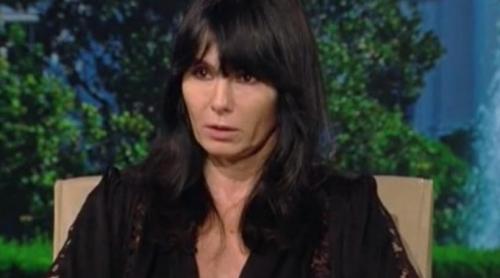by PETRE IANCU, Deutsche Welle - February 26th 2005
Did the Transatlantic ice melt? If not, is Romania running the risk to be marginalized, as pundits recently claimed in Bucharest newspapers, (since, they claimed, Romaniaâs cooperation with the United States is mitigated by the European Union, which is not on such good terms with the US, lately)?
This may be a misleading conclusion derived from a fixation the analysts had with attaching some European countries the same might they had centuries ago, which American President George W. Bush courted recently.
True, the importance of France and Germany should not be underestimated, even if it is not what it used to be. The Berlin-Paris axis still wields a lot of weight, in spite of the new additions to the European Union - former communist countries which share US values more eagerly than Western nations.
Neither should be down-played the extent of the dissent between the US and its Western allies, though the parties recently tried to do that.
The Transatlantic rift emerged when the Soviet threat vanished only to be replaced by cultural, political and economic rivalries between the allies.
The rift further deepened with the different interpretations they gave to the actions to be taken in the aftermath of the terrorist attacks of 9/11/2001 in the United States.
Western Europe reacted negatively to the scenario for retribution proposed by the neoconservative Washington.
Paris and Berlin based their arguments on questionable international law and took the high moral ground, and assumed the majority of the American public was of the same opinion.
They were proved wrong with the reelection of Bush, with the results of the elections in Iraq and with the changes brought about in the Middle East by the death of Yasser Arafat.
The American neoconservatives were proved wrong too, by the extent of the insurgency opposing the US military presence in Iraq.
It would be far easier for the US to succeed in its anti-terrorist war had Germany and France chose to support it.
Nothing is more contagious than success, so, in spite of rivalries, Western Europeans know to be it in their interest to join the American effort in stabilizing the East.
Berlin and Paris understood that a protracted conflict in their back-yard is something they can ill afford. Blair got the message in due time. Chirac maintained a De Gaulle-like stance which proved time and again to be both traditional and counterproductive. Schroeder joined him in order to win the past elections while playing the populist anti-American card. Both lost.
Bushâs recent trip to Europe allowed the French and the Germans to discard their previous policy while saving face. The EU security policy will come closer to the American one, and Romania and Poland will play a good role along this realignment. So, far from being marginalized, the Romanian Government brought to fruition its chances. With his foreign policy, [President] Traian Basescu put his money on the winning horse. If he will not fail domestically, when attempting to bring about the promised economic and political reforms, Romania will take full advantage from its change in diplomacy.
Translation : ANCA PADURARU


















